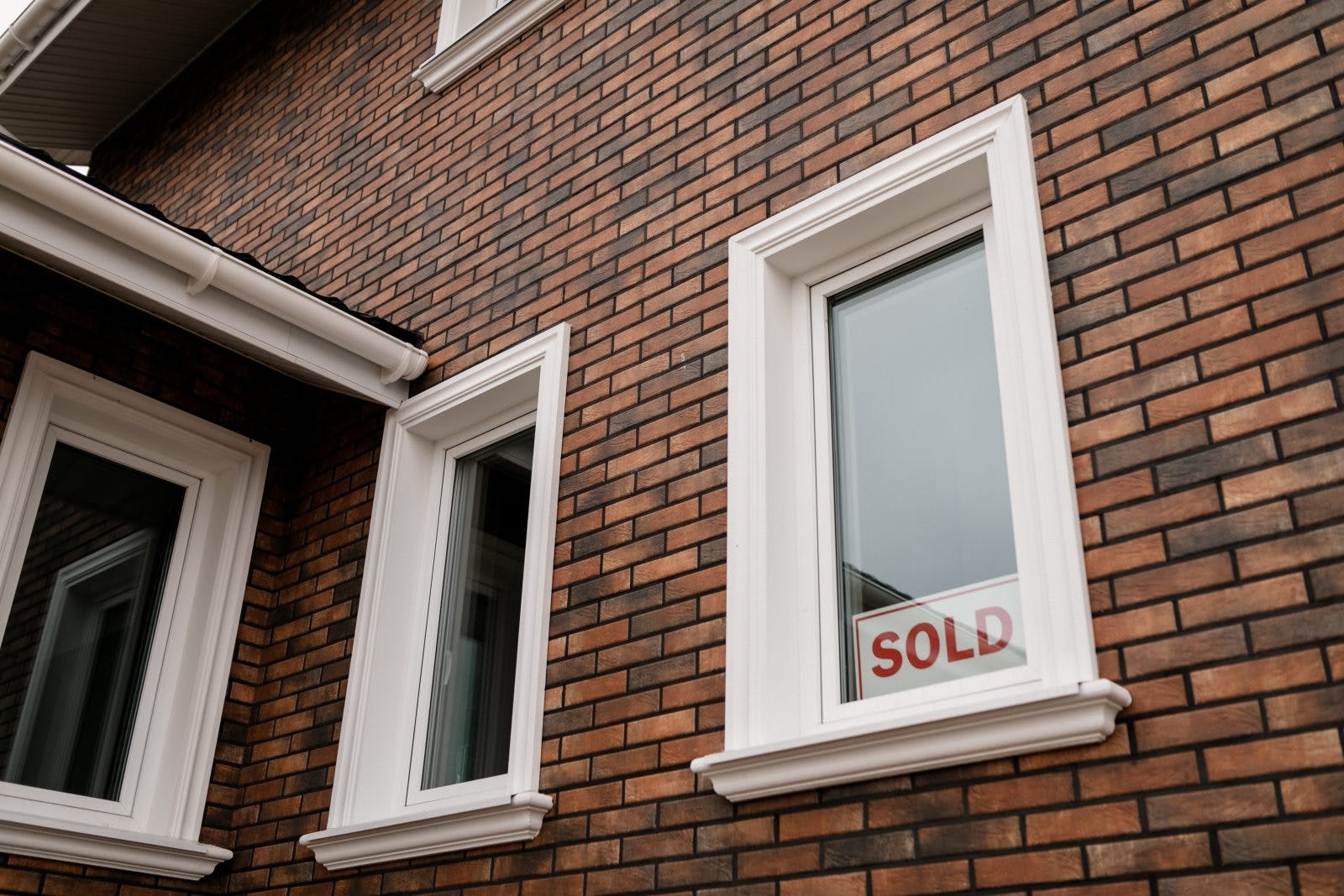You’ve taken the time and effort to market your home, price it right, allow showings and open houses, and sat at the negotiating table when an offer came in. And after much wheeling and dealing, both you and the buyer finally come to an agreement.
Congratulations!
But the deal isn’t done yet. In fact, a lot of the work still needs to be done while the sale is “conditional.”
But what does a “conditional” sale even mean? And what happens after offer acceptance and before a final deal is sealed?
What is a Conditional Offer?
A conditional offer refers to one that both the buyer and seller accept, but has conditions that must be either fulfilled or waived in order for the sale to go “firm.” Even though you’ve accepted the offer price, deposit amount, closing date, and other terms of the contract, any conditions that have been included in the contract still need to be dealt with by a certain date.
All sorts of different conditions can be included in a real estate contract, often inserted by buyers (though sellers have their own set that they might want to include). That said, the most common conditions are typically the following:
- Financing condition
- Home inspection condition
- Status Certificate condition
We’ll dive into each one of these conditions in greater detail so you you’re well informed about how the offer will proceed once you sign your name on the dotted line.
Financing Condition
Sellers typically like to see a “clean” contract, which refers to an offer that has as few conditions as possible. But from the perspective of the buyer, there are certain conditions that are typically recommended in order to keep them protected throughout the process, and a financing condition is one of the most important.
A financing condition gives the buyer the opportunity to apply and get approved for a mortgage. Without a mortgage, the buyer will get stuck having to buy a massive asset with no money to cover the cost.
As such, buyers will need a few days to get in touch with a lender, after which the lender will need to assess the buyer’s financial profile and determine whether or not a loan will be provided. Even if a loan is approved, the loan amount will need to adequately cover the purchase price of the home (less the down payment amount that the buyer supplies upfront).
The lender will look over the buyer’s credit report, bank statements, tax returns, letter of employment, and any other documentation that can prove that they are financially capable of securing a loan and making additional mortgage payments every month.
Generally speaking, buyers will ask for about a week to get final approval for a home loan.
Home Inspection Condition
This condition is perhaps one of the most nerve-wracking for sellers. That’s because the inspection may turn up any number of issues – no matter how major or minor – which can cause a problem with the deal.
A home inspection condition is recommended to buyers to give them a chance to scope out the home in greater deal to uncover any potential problems with the home that they may not have noticed when they first agreed to buy it.
The buyer will request an appointment to visit the home one more time along with a professional home inspector who will take a few hours to carefully look over various components and systems in your home. Once the inspection is done, the inspector will provide the buyer with a report detailing what issues were found, as well as recommendations as to how to rectify them.
The buyer can then make a determination based on the report of whether or not the findings are acceptable enough to proceed with the deal. Oftentimes buyers will go back to sellers and identify the issues. They may then ask the seller to either make the necessary repairs or compensate with a lower sale price to cover the cost of having the repairs made.
If this happens to you, you can either accept the buyer’s requests or turn them down completely. If you refuse to make the repairs, the buyer can then decide whether or not to proceed with the deal. If they’re uncomfortable with the home as is and at the original purchase price, they’re free to walk away from the deal.
Status Certificate Condition
If you’re selling a condo, the buyer will most likely request to see a copy of the condo’s Status Certificate, which is a crucial document that outlines important details about the financial and legal standing of the condo.
This certificate will incorporate details such as the condo fees, the reserve fund amount and status, and whether there are any legal proceedings that the condo is involved with.
Buyers will want to make sure that the condo is not in financial ruins. Otherwise, a sale will almost inevitably fall through, as no buyers will want to risk losing money by buying into a condo that’s in financial trouble. But if everything checks out, there’s little reason why this condition can’t be fulfilled within the stipulated amount of time allotted.
What Needs to Happen to Conditions in an Offer?
The condition will then need to be signed off by both the buyer and seller once it’s been fulfilled by the due date. Alternatively, the condition may be waived in order for the deal to proceed. If the conditions are not fulfilled or waived by the due date, the contract will be deemed null and void and the deal will fall through.
If all goes well, all the conditions will either be fulfilled or waived before their respective due dates. Once this happens and all signatures are obtained, the deal will go from a conditional to a firm one. The deal is done! Now’s the time to celebrate!






